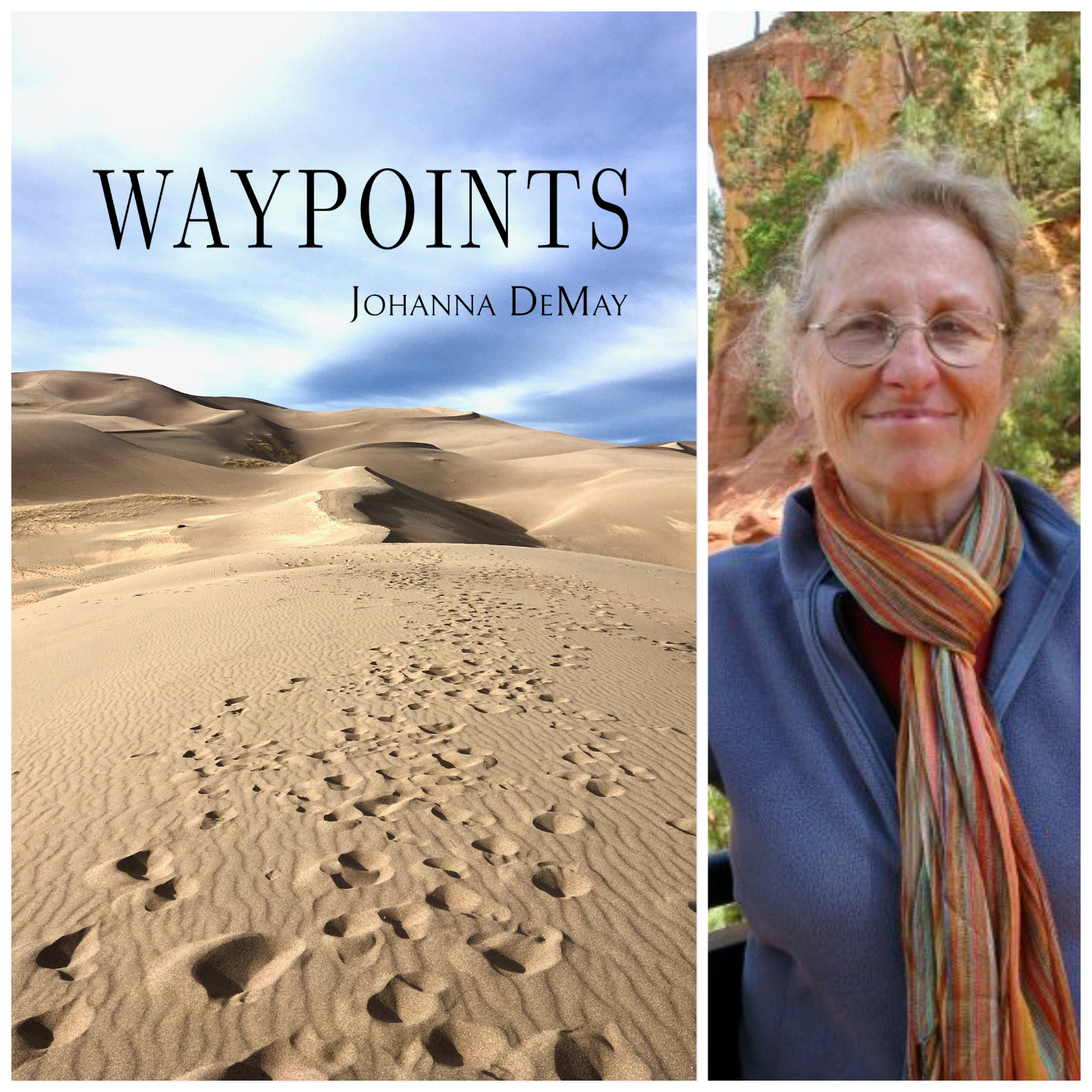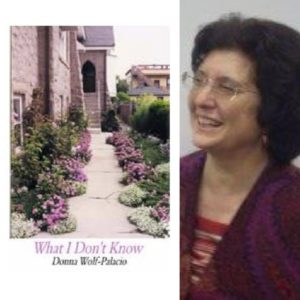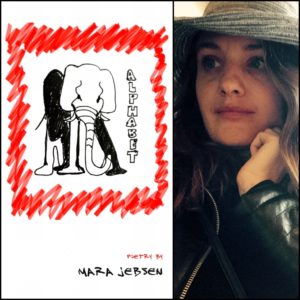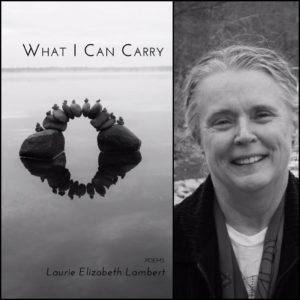The narrative poems of Johanna DeMay‘s Waypoints carry the darkness of Steinbeck or Flannery O’Connor, though these poems find their night in Mexico and New Mexico. Here is the scrawny pregnant woman the narrator runs away from instead of giving change to, and how the thought of her “aches like a broken bone.” There is David, the mute brother abandoned in a state asylum, so the narrator claims she is an only child and when she has a son “did not/name him David.” Witness the mother weeping in anguish who follows the speaker, whispering in the long hallways of her bones, then falling silent, “a piano without strings.” See the father fleeing the pogroms in Russia, and the daughter “invisible in my whiteness, / no yellow star stitched to my dress,” yet eyed askance by the neighbor whose “word for ‘human’/wascristiano.” Hear the wailing of La Llorona and the testimony of the abused. And yet in the murky human night of these poems there are strange lightning strikes of joy: the wild anthem of the coyotes, jazzy riffs, soaring high notes that make her “taut nerves hum/like a plucked harp”; and the unlikely stories of God and providence, made up to comfort us like the kindness of “candles in the dark.” These remarkable poems are stark and thrilling, full of grace and doubt, and all the mire of our human complexity. I love them.
–Dr. Tony Barnstone, Professor of English and Environmental Studies, Whittier College.
“Johanna DeMay‘s conviction and compassion, her ability to capture both our interactions with each other and with the world around us in direct, moving and eloquent language, never fails to illuminate this remarkable first collection.”
–Diana Anhalt, author of Walking Backward, (Georgia Co-Author of the Year 2019); Lives of Straw; Second Skin; because there is no return
Johanna DeMay’s poetry digs into pain, survival, loss. In Mi Ultimo Amor “Be fearless/Be a woman” hits a nerve. In “Unresolved” there’s reference to “the six-pointed star I wore” in comparison to her “gold cross wearing neighbor” whose “word for ‘human’ was Cristiano.” We hear voices of refugees captured and a recurrent theme, “the question of my identity/remains unsolved.” Her poetry is compelling, avoiding nothing.
–Nina Rubinstein Alonso, editor Constellations
Johanna DeMay’s book Waypoints plots out a life of creation and loss in clear poems that compel reading. Memory morphs into metaphor, sound is primary, progenitors are leaders, and identity is hybrid. Between Mexico and America, “A two thousand mile-long/jagged wound, numbed with narcotics, sutured/with steel mesh and barbed wire, the border festers.” I find most moving here the poet’s series in the voices of transgendered youth trying to emigrate.
DeMay is a fine poet who has written a deeply moving book on predations through centuries: human on human, Covid 19 on life, adults on children, human on nature. And the loses of age. Still these poems sing.
–Hilda Raz, author of Letter from a Place I’ve Never Been: New and Collected Poems, 1986-2020.






Reviews
There are no reviews yet.